
Consider (1) max. load weight, (2) static moment, (3) dynamic moment (when stopper collides) when calculating the max. allowable moment and load weight. Evaluate (1) and (2) as a (average speed), and (3) as (collision speed = 1.4 a). Calculate (1) (Wmax) from the graph of max. payload (W1, W2, W3) and calculate (2) and (3) (Mmax) from the maximum allowable moment graph (M1, M2, M3).
Evaluate (1) and (2) as a (average speed), and (3) as (collision speed = 1.4 a). Calculate (1) (Wmax) from the graph of max. payload (W1, W2, W3) and calculate (2) and (3) (Mmax) from the maximum allowable moment graph (M1, M2, M3).
3.5 3.5 A 2 ( n ~ 2 . 4.~--' ) 10 26.5 25 26.5 D-G5 K5 type G 35+30(n-2) 35 100 100+ loo(n2) i D-A31ype 1><>3 ' K3 type 50.5 ~Hs 38 43.5 1.5 1.5 A 0 DA3 type 24.5 24.5 23 B 35+3O (n2) 5O+5O(n 2) 35 55 D-A4 type D-G3K3 type !
Brake force is generated by a brake spring acting on a brake shoe 1 attached to brake holder, brake rails and holds brake plate between brake shoe 1 and brake shoe 2 fixed to slider side so that slider will stop.
The PFM is available in four maximum flow rate options 10, 25, 50 and 100 /min, and is suitable for use with air, nitrogen, argon or carbon dioxide. 2-color display flow switch., Sensor and monitor separation, which allows remote monitors' centralization., Integrated flow adjustment valve as an option, reducing piping and saving space (unique feature in the market)., Operation indication
Flow Rate Range: 50 [1 to 50 (25 for CO2) â„“/min], Flow Adjustment Valve: S (Yes), Port Size: N01 (NPT1/8), Piping Entry Direction: Straight, Output Specification: 2 [Analog Output (4 to 20 mA)], Instruction Manual: With Instruction Manual, Calibration Certificate: None, Connector: W [Lead Wire w/Connector (2m) + Rubber Cover], Option: S (Bracket for w/Flow Adjustment Valve)
Flow Rate Range: 50 [1 to 50 (25 for CO2) â„“/min], Flow Adjustment Valve: Yes, Port Size: NPT1/8, Piping Entry Direction: Straight, Output Specification: 2 [Analog Output (4 to 20 mA)], Instruction Manual: With Instruction Manual, Calibration Certificate: None, Connector: W [Lead Wire w/Connector (2m) + Rubber Cover], Option: Bracket for w/Flow Adjustment Valve
Flow Rate Range: 25 [0.5 to 25 (25 for CO2) ℓ/min], Flow Adjustment Valve: Yes, Port Size: NPT1/8, Piping Entry Direction: Straight, Output Specification: 2 NPN Outputs, Unit Specification: Unit Switching Function, Instruction Manual: With Instruction Manual, Calibration Certificate: None, Connector: W [Lead Wire w/Connector (2m) + Rubber Cover], Option: Bracket for w/Flow Adjustment Valve
Flow Rate Range: 50 [1 to 50 (25 for CO2) ℓ/min], Flow Adjustment Valve: Yes, Port Size: NPT1/8, Piping Entry Direction: Straight, Output Specification: 2 NPN Outputs, Unit Specification: Unit Switching Function, Instruction Manual: With Instruction Manual, Calibration Certificate: None, Connector: W [Lead Wire w/Connector (2m) + Rubber Cover], Option: Bracket for w/Flow Adjustment Valve
Flow Rate Range: 10 [0.2 to 10 (5 for CO2) ℓ/min], Flow Adjustment Valve: Yes, Port Size: NPT1/8, Piping Entry Direction: Straight, Output Specification: 2 NPN Outputs, Unit Specification: Unit Switching Function, Instruction Manual: With Instruction Manual, Calibration Certificate: None, Connector: W [Lead Wire w/Connector (2m) + Rubber Cover], Option: Bracket for w/Flow Adjustment Valve
Flow Rate Range: 25 [0.5 to 25 (12.5 for CO2) â„“/min], Flow Adjustment Valve: S (Yes), Port Size: N01 (NPT1/8), Piping Entry Direction: Straight, Output Specification: 1 [Analog Output (1 to 5 V)]
Flow Rate Range: 25 [0.5 to 25 (12.5 for CO2) â„“/min], Flow Adjustment Valve: Yes, Port Size: NPT1/8, Piping Entry Direction: Straight, Output Specification: 1 [Analog Output (1 to 5 V)], Instruction Manual: -, Calibration Certificate: -, Connector: -, Option: -
A a A a A C C C b 20 30 B 31 21 Dimensions Dimensions Dimensions a 3.5 4 5 6 A 4.5 5 6 7 b 7 B 8 C Y a 4 5 6 8 A 5 6 7 9 C 2 x 1.8 2 x 2 2.5 3 Y a 4 5 6 8 A 5 6 7 9 C 2 x 1.8 Y Model Model Model ZP2-3507W ZP2-4010W ZP2-5010W ZP2-6010W ZP2-4020W ZP2-5020W ZP2-6020W ZP2-8020W ZP2-4030W ZP2-5030W ZP2-6030W ZP2-8030W 2 x 1.5 0.5 0.5 0.5 10 2 x 2.5 11 2.5 0.8 0.8 Adapter Mounting Dimensions If
A a A a A C C C b 20 30 B 31 21 Dimensions Dimensions Dimensions a 3.5 4 5 6 A 4.5 5 6 7 b 7 B 8 C Y a 4 5 6 8 A 5 6 7 9 C 2 x 1.8 2 x 2 2.5 3 Y a 4 5 6 8 A 5 6 7 9 C 2 x 1.8 Y Model Model Model ZP2-3507W ZP2-4010W ZP2-5010W ZP2-6010W ZP2-4020W ZP2-5020W ZP2-6020W ZP2-8020W ZP2-4030W ZP2-5030W ZP2-6030W ZP2-8030W 2 x 1.5 0.5 0.5 0.5 10 2 x 2.5 11 2.5 0.8 0.8 Adapter Mounting Dimensions If
A a A a A C C C b 20 30 B 31 21 Dimensions Dimensions Dimensions a 3.5 4 5 6 A 4.5 5 6 7 b 7 B 8 C Y a 4 5 6 8 A 5 6 7 9 C 2 x 1.8 2 x 2 2.5 3 Y a 4 5 6 8 A 5 6 7 9 C 2 x 1.8 Y Model Model Model ZP2-3507W ZP2-4010W ZP2-5010W ZP2-6010W ZP2-4020W ZP2-5020W ZP2-6020W ZP2-8020W ZP2-4030W ZP2-5030W ZP2-6030W ZP2-8030W 2 x 1.5 0.5 0.5 0.5 10 2 x 2.5 11 2.5 0.8 0.8 Adapter Mounting Dimensions If
Flow Rate Range: 25 [0.5 to 25 (12.5 for CO2) â„“/min], Flow Adjustment Valve: S (Yes), Port Size: 01 (Rc1/8), Piping Entry Direction: Straight, Output Specification: 2 [Analog Output (4 to 20 mA)], Instruction Manual: With Instruction Manual, Calibration Certificate: A (w/Calibration Certificate), Connector: W [Lead Wire w/Connector (2m) + Rubber Cover], Option: V (Panel Mount Adapter for
Flow Rate Range: 25 [0.5 to 25 (12.5 for CO2) â„“/min], Flow Adjustment Valve: S (Yes), Port Size: N7 (ø1/4 One-touch Fitting), Piping Entry Direction: Straight, Output Specification: 2 [Analog Output (4 to 20 mA)], Instruction Manual: With Instruction Manual, Calibration Certificate: A (w/Calibration Certificate), Connector: Lead Wire w/Connector (2 m), Option: S (Bracket for w/Flow Adjustment
[Separate Type Connector Connection] Separated sensor, Output Method: Analog, Analog Output Specification: Current, Pipe Port Type: [One-Touch Couplings] One-Touch Couplings (Straight), Plumbing Thread Type: -, Plumbing Thread Nominal: -, Pressure Resistance(MPa): 1, Flow Rate Type: Standard, Operating Temperature Range(°C): -10~60, Operating Humidity Range(%): 35~85, Number of Inputs: 2,
Flow Rate Range: 25 [0.5 to 25 (12.5 for CO2) â„“/min], Flow Adjustment Valve: Yes, Port Size: Rc1/8, Piping Entry Direction: Straight, Output Specification: 2 [Analog Output (4 to 20 mA)], Instruction Manual: With Instruction Manual, Calibration Certificate: w/Calibration Certificate, Connector: W [Lead Wire w/Connector (2m) + Rubber Cover], Option: Panel Mount Adapter for w/Flow Adjustment
D2 D3 L1 L2 L3 L4 M1 L5 Weight T D1 H(1) D2 D3 L1 L2 L3 L4 M1 L5 H(1) A(2) A(2) AQ Weight (g) (g) Model Min.
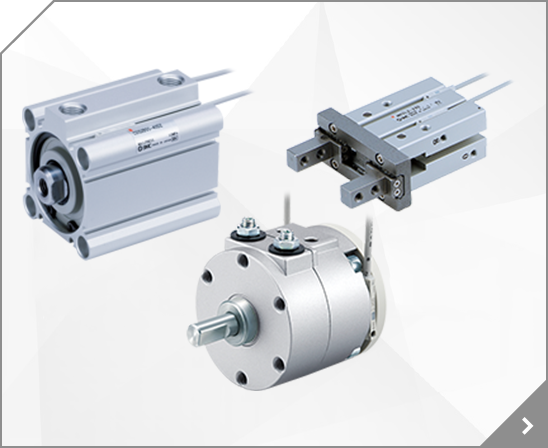
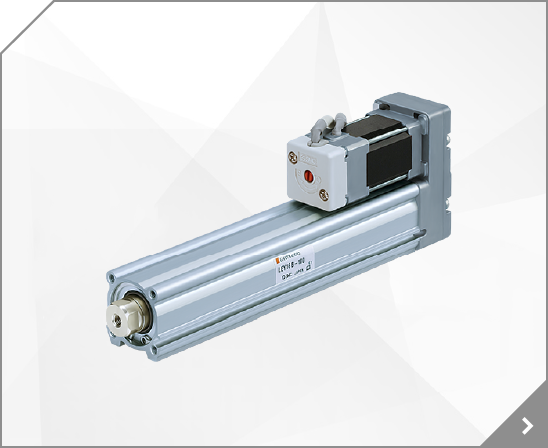
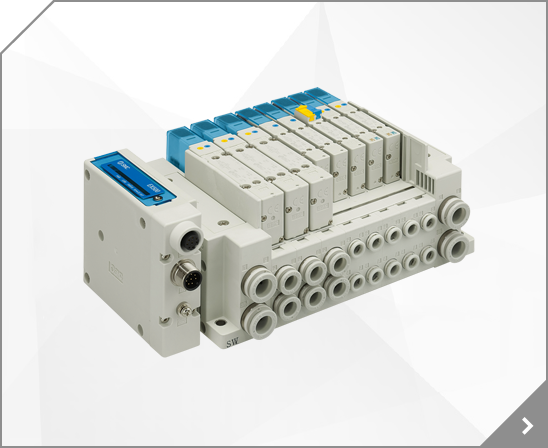
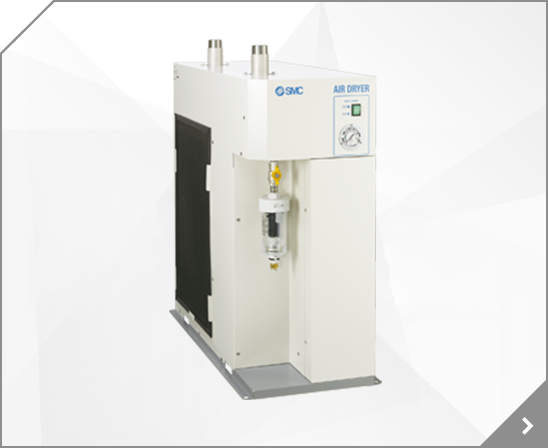
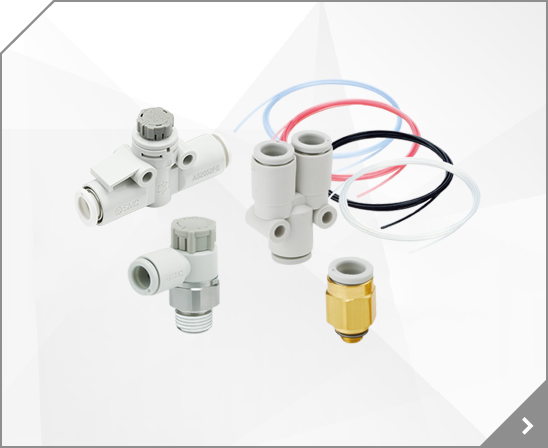
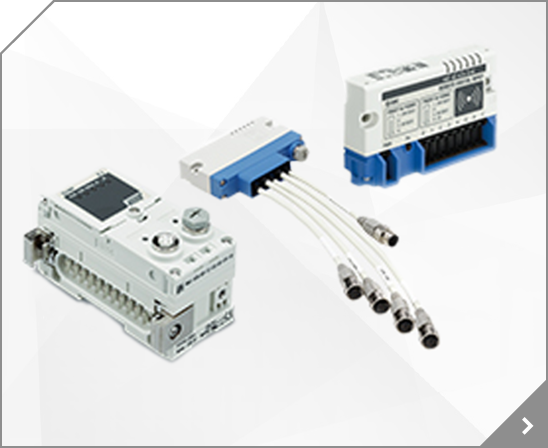
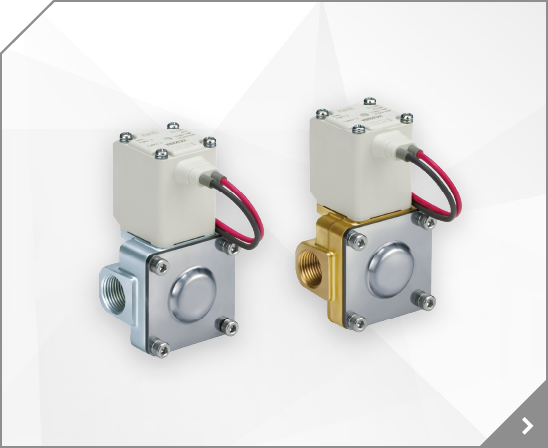
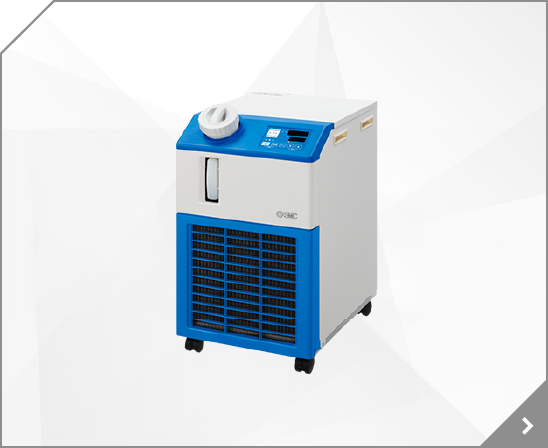
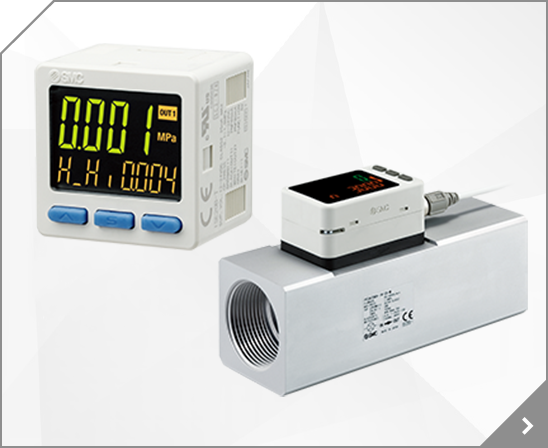
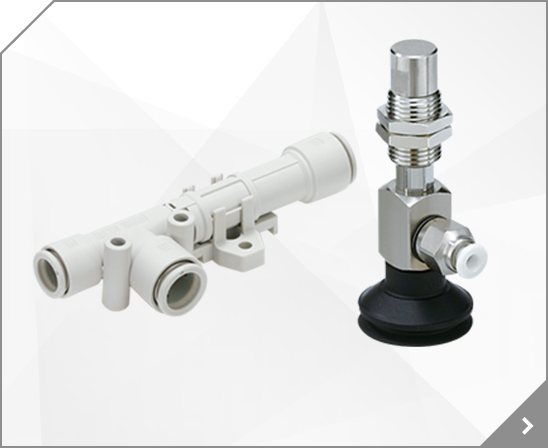

 Mechanically Jointed Rodless Cylinder with Brake, Hy-rodless Cylinder Series ML1C ø25, ø32, ø40 1
Mechanically Jointed Rodless Cylinder with Brake, Hy-rodless Cylinder Series ML1C ø25, ø32, ø40 1